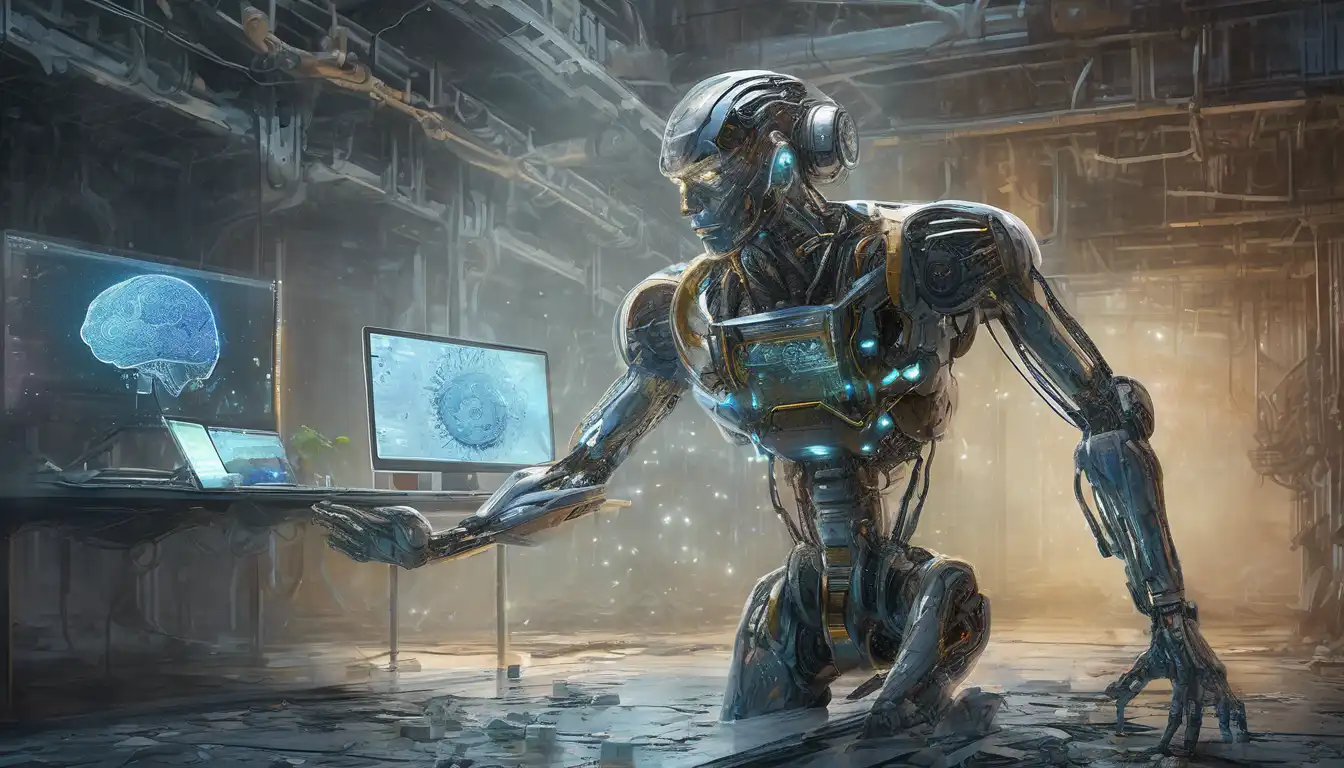Introduction to Artificial Intelligence
Artificial Intelligence (AI) has become a cornerstone of modern technology, influencing everything from how we interact with our devices to the future of work. Despite its widespread application, numerous myths persist about what AI can and cannot do. This article aims to separate fact from fiction, providing a clear-eyed view of AI's capabilities and limitations.
Myth 1: AI Can Think and Feel Like Humans
One of the most pervasive myths is that AI possesses consciousness or emotions. In reality, AI operates based on algorithms and data inputs. It can simulate aspects of human thought processes but lacks self-awareness or genuine emotional responses. For more insights into how AI works, explore our guide on AI mechanisms.
Myth 2: AI Will Replace All Human Jobs
While AI is transforming the job market, the idea that it will render human workers obsolete is exaggerated. AI excels at automating repetitive tasks but struggles with jobs requiring creativity, emotional intelligence, and complex decision-making. The future likely holds a collaborative relationship between humans and AI, not a replacement.
Myth 3: AI Is Infallible
AI systems are only as good as the data they're trained on. Biases in data can lead to skewed or incorrect outcomes, demonstrating that AI is not inherently objective or error-free. Understanding these limitations is crucial for developing more reliable AI systems.
The Reality of AI's Potential
Despite these myths, AI's potential to revolutionize industries is undeniable. From healthcare to environmental protection, AI offers tools to solve complex problems more efficiently. However, realizing this potential requires a balanced understanding of AI's strengths and weaknesses.
Key Takeaways
- AI does not possess consciousness or emotions.
- AI is a tool for augmenting human capabilities, not replacing them.
- The effectiveness of AI depends on the quality of its training data.
- AI's real-world applications are vast but require careful implementation.
As we continue to explore the possibilities of AI, it's essential to approach the technology with both optimism and caution. By dispelling common myths, we can better appreciate AI's true value and navigate its challenges more effectively.
For further reading on AI's impact on society, check out our article on AI and societal changes.
